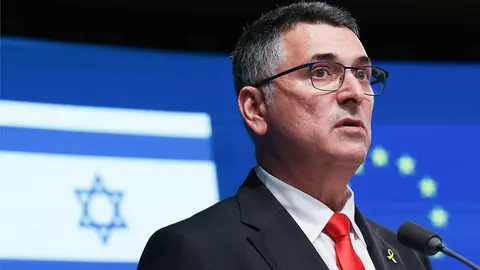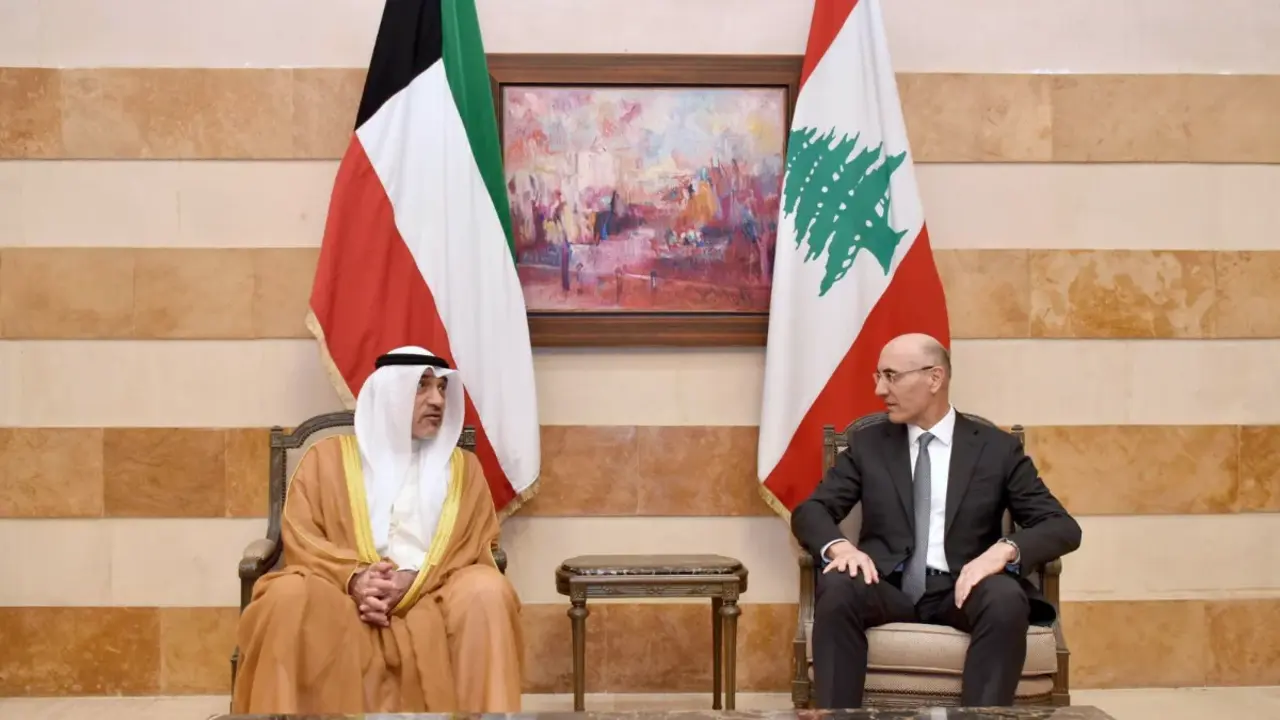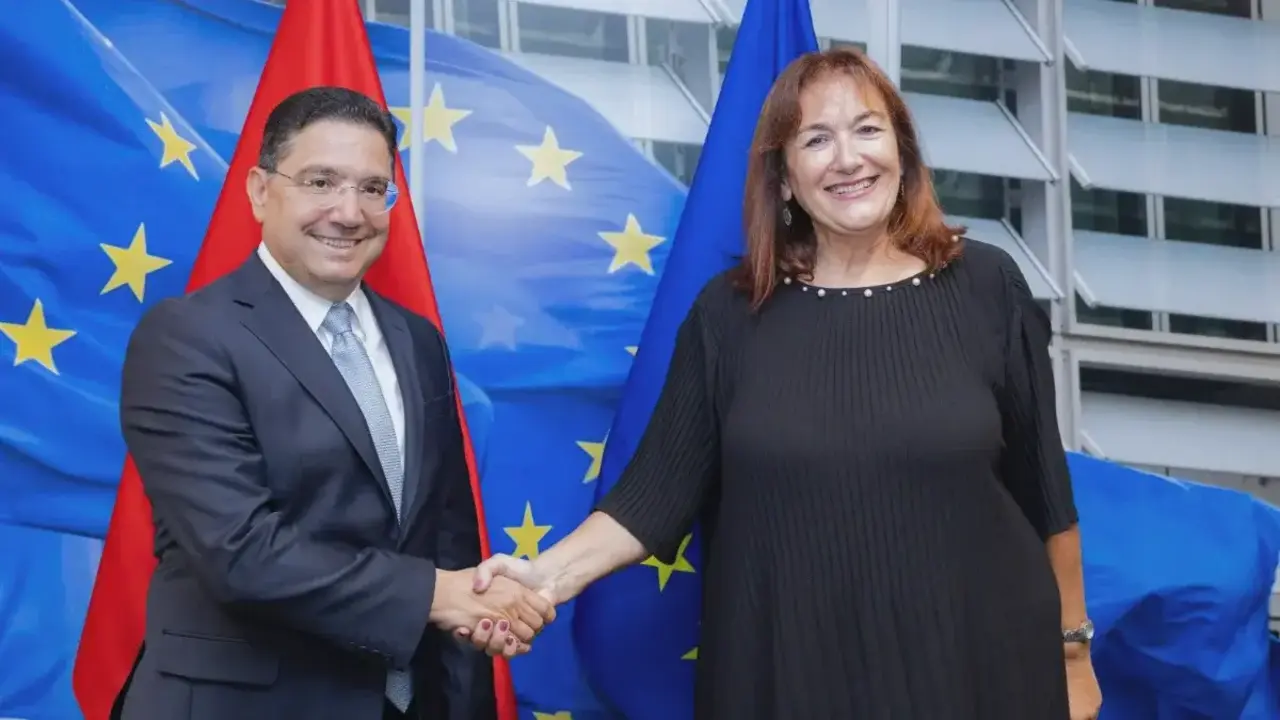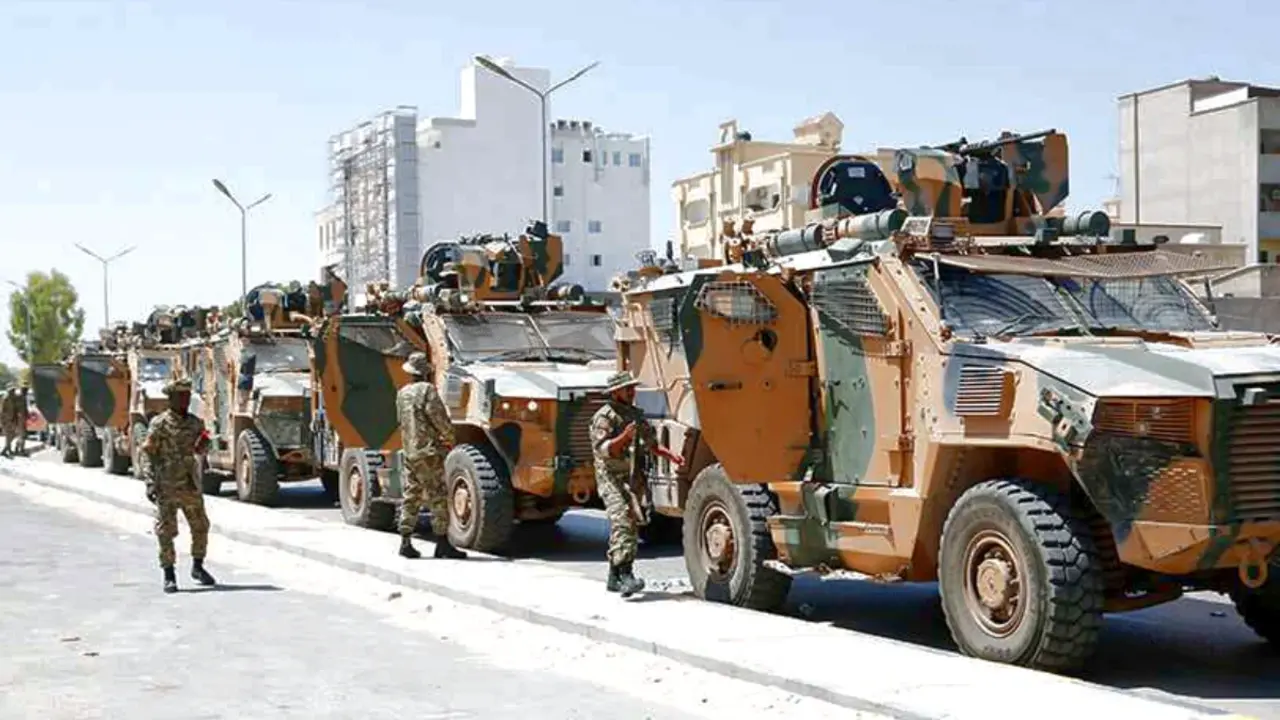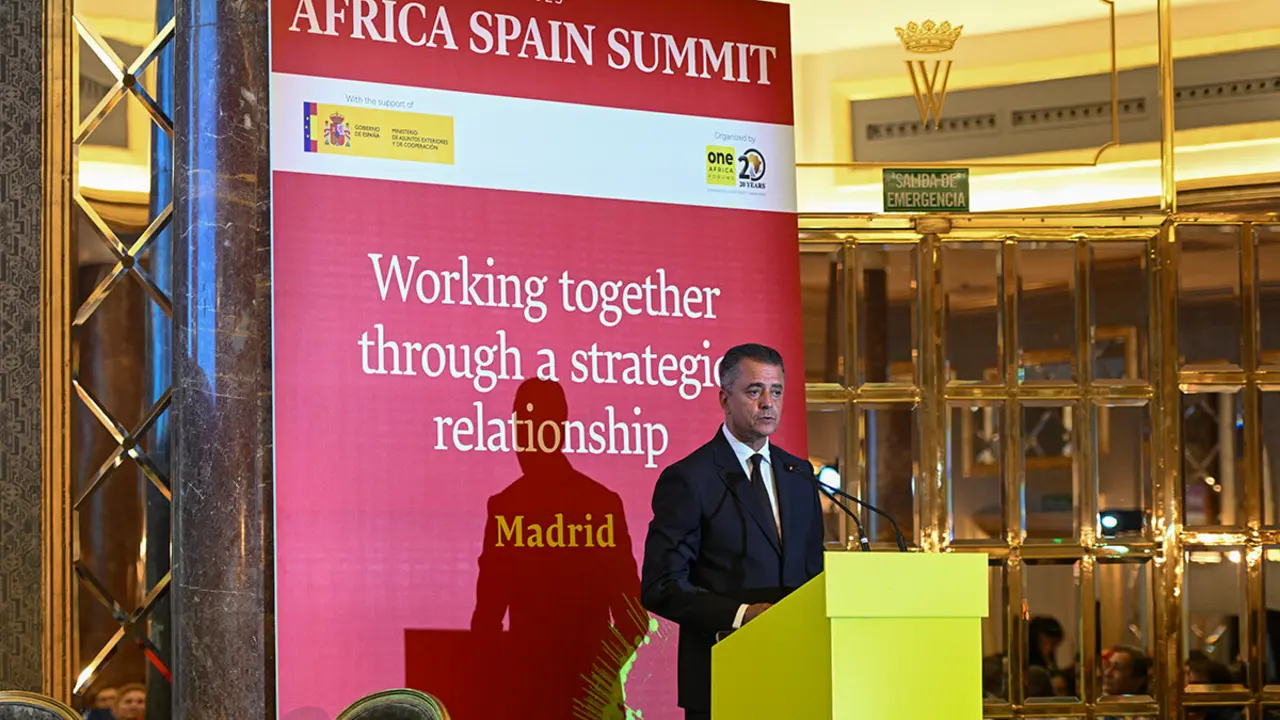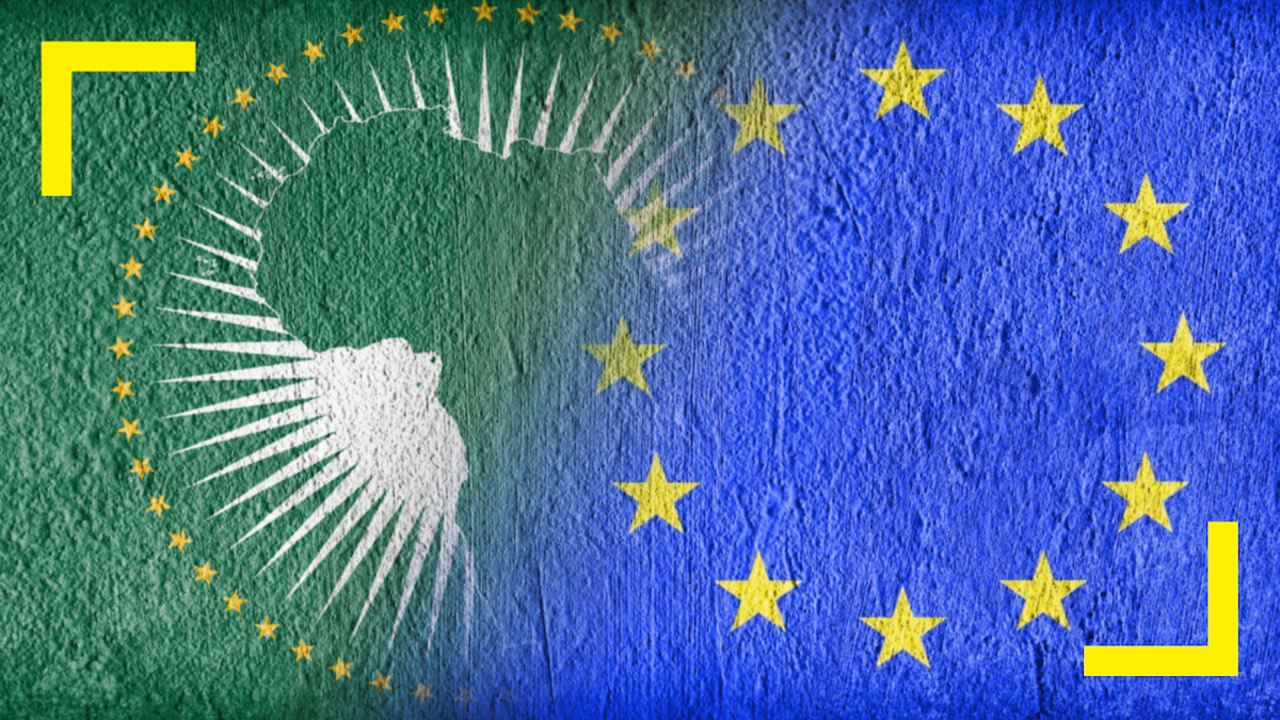Saudi Arabia returns to the centre stage in Lebanon
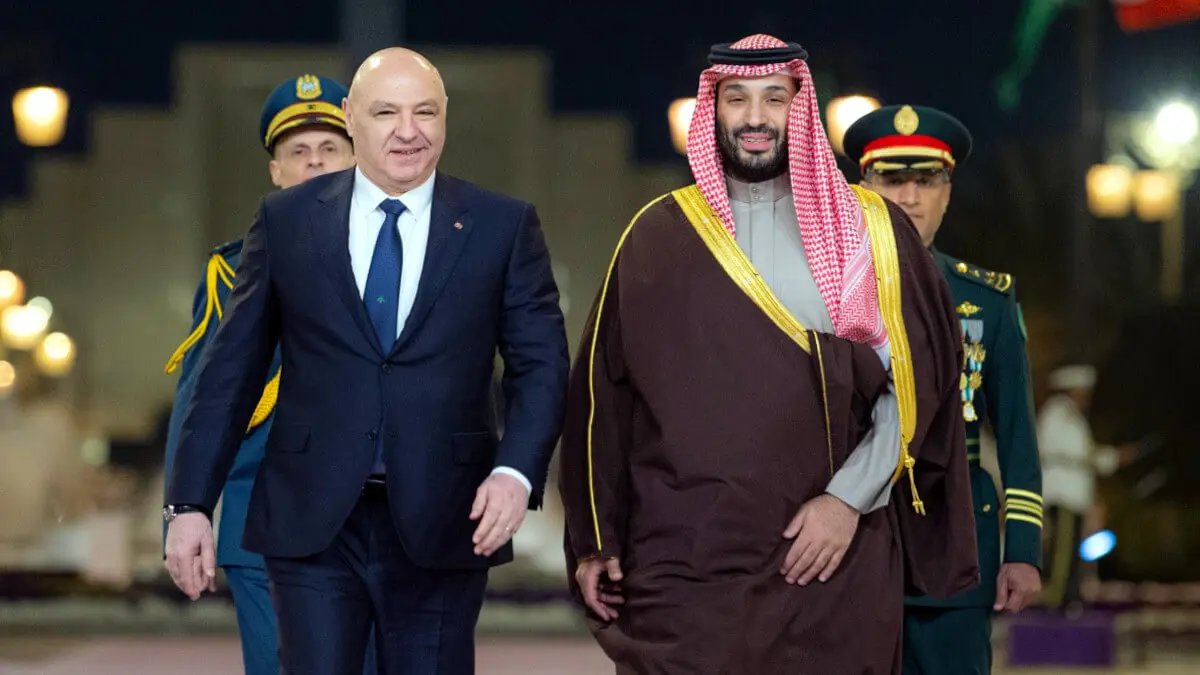
- From reconstruction to distancing
- A quiet but determined return
- The situation on the ground: progress, tensions and conditions
- The role of Saudi Arabia: active diplomacy with clear conditions
Saudi Arabia is resuming a leading role in the Lebanese dossier after several years of relative withdrawal. Its renewed interest comes at a critical moment for Lebanon: the country is facing an unprecedented economic crisis, a paralysed political situation and growing tension on its southern border with Israel.
From reconstruction to distancing
Since the end of the civil war in 1990, Saudi Arabia has been a key player in Lebanon, investing billions of dollars in the country's reconstruction and establishing strong ties with the Sunni community. Former Prime Minister Rafik Hariri, a Lebanese-Saudi citizen, was the face of this alliance. During the 1990s and early 2000s, Riyadh acted as an economic patron and political mediator, helping to maintain the country's fragile sectarian balance.
However, following Israel's withdrawal from southern Lebanon in 2000 and the 2006 war, Hezbollah consolidated its military and political power, reducing Saudi Arabia's room for manoeuvre. Hariri's assassination in 2005 marked a turning point, attributed by many to elements aligned with Syria and Hezbollah. From that point on, Riyadh began to distance itself.
Mohammed bin Salman's rise to power in 2017 redefined Saudi priorities. With the focus on the Vision 2030 plan and the conflict in Yemen, Lebanon took a back seat. But recent events seem to have rekindled Saudi interest in the country of the Cedars.
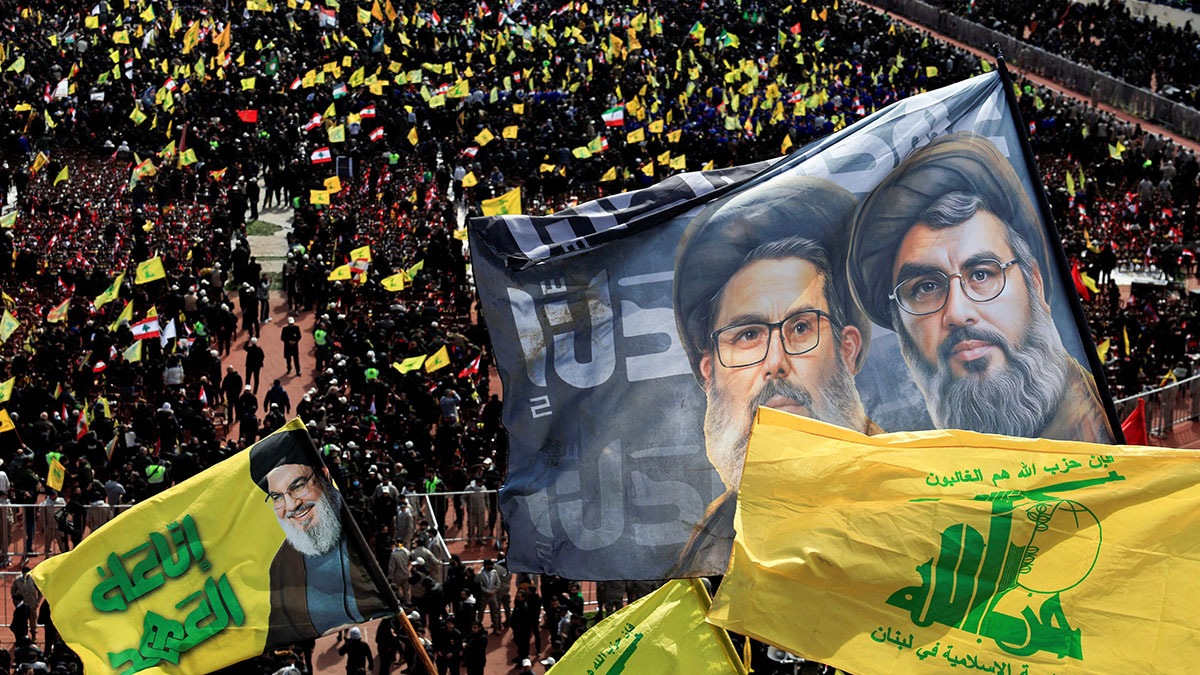
A quiet but determined return
The clearest sign of this rapprochement on the part of Saudi Arabia in terms of diplomatic activity was the dispatch of Prince Yazid bin Farhan as Riyadh's special envoy last week. His visit was not officially announced, but included private meetings with the main figures of Lebanese power: President Joseph Aoun, Prime Minister Nawaf Salam and Parliament Speaker Nabih Berri.
According to political sources in Beirut, the main objective of this Saudi mission was to prepare the ground for the arrival of US envoy Thomas Barrack, ambassador to Turkey and special negotiator for Syria. Barrack presented an ambitious proposal linking the disarmament of Hezbollah to a roadmap for economic reforms, framed within a package of international aid for the reconstruction of the country.
At a press conference in Baabda, Barrack described the Lebanese government's response as ‘spectacular’: a seven-page document that, according to the diplomat, showed a ‘deep understanding and a willingness to move forward quickly’. This initiative not only represents a new attempt to contain Hezbollah, but also reflects a growing harmony between Washington and Riyadh on the future of Lebanon.
For Saudi Arabia, its renewed presence in Lebanon is also part of a regional strategic recalibration. The weakening of Hezbollah after a year of clashes with Israel has created a new balance of power. With the Shiite group damaged in terms of military strength and popular support, Riyadh and Washington see a real opportunity to reduce Iranian influence in the country.
This new approach also seeks to avoid a direct confrontation between the Lebanese Army and Hezbollah, which could lead to civil conflict. ‘The goal is for the state to regain its monopoly on weapons without provoking an internal war,’ diplomatic sources say. In this sense, the process must be gradual, negotiated and internationally backed.

The situation on the ground: progress, tensions and conditions
Barack's visit coincided with a critical moment. Although a fragile US-brokered ceasefire has been in place since November 2024, tensions with Israel remain high. The Israeli army continues to bomb southern Lebanon, maintains five military positions inside Lebanese territory, and has launched sporadic attacks on the southern suburbs of Beirut and the Beqaa Valley. These episodes have fuelled fears of a military escalation that could derail any attempt at a political solution.
Despite these difficulties, President Aoun announced that the Lebanese army has regained control of 85% of the south of the country and that 90% of Hezbollah's military infrastructure south of the Litani River has been dismantled. These measures seek to comply with UN Security Council Resolution 1701, which demands a state monopoly on weapons.
However, Hezbollah has reiterated its refusal to disarm completely. It argues that as long as Israel maintains military positions on Lebanese soil and no national defence strategy is agreed that includes all actors, its armed wing will remain a ‘strategic necessity’. This narrative is reinforced, according to analysts such as David Wood of the International Crisis Group, every time Israel attacks civilian areas or public facilities: ‘Every bomb that falls weakens the authority of the state and strengthens the argument that Hezbollah remains necessary.’

The role of Saudi Arabia: active diplomacy with clear conditions
In this climate of uncertainty, Saudi Arabia has opted for a policy that combines diplomatic pressure with a willingness to help. Riyadh's stance has been defined by analysts as one of ‘committed conditionality’: a willingness to invest and politically support Lebanon, but under strict conditions. According to Gulf officials, this is not a repeat of the ‘blank cheque’ scheme of the past.
Saudi support was crucial in breaking the presidential deadlock that left the position vacant for almost two years. Negotiations led by Prince Yazid bin Farhan allowed the necessary consensus to be reached to elect Joseph Aoun as president. In a symbolic gesture, Aoun chose Saudi Arabia as his first international destination after taking office. There he met with Crown Prince Mohammed bin Salman, with whom he discussed the reconstruction of Lebanon, the need for reforms and the strengthening of the state against non-state armed actors.
From Riyadh, the message has been clear: if Lebanon wants economic assistance and regional political support, it must seriously commit to the reform agenda and to re-establishing the state's monopoly on the use of force. As a senior Gulf official put it, ‘the Saudi kingdom is back, but not on the old terms.’

